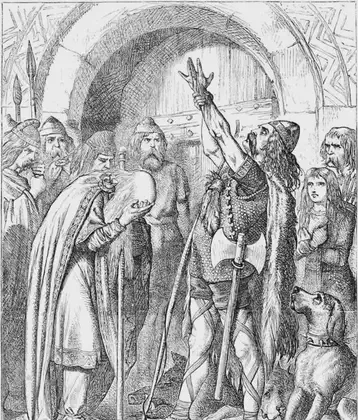On November 22, 1869 in Celtic History
Jeremiah o' donovan rossa, fenian, contests and wins a tipperary by election in abstentia, but is declared ineligible as a convicted felon
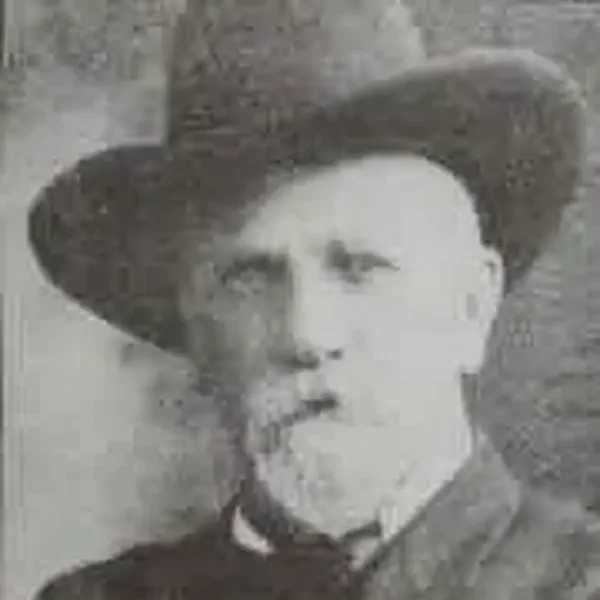
Jeremiah O’Donovan Rossa, (baptised 4 September 1831, died 29 June 1915) a prominent Irish Fenian, indeed contested and won a by-election in County Tipperary in abstentia (absence), but due to his status as a convicted felon, he was declared ineligible to take his seat in the British House of Commons.
Born and raised in Rosscarbery, West Cork of County Cork in the South of Ireland during the Great Irish Famine, O’Donovan founded the Phoenix National and Literary Society and dedicated his life to working towards the establishment of an independent Irish Republic. He joined the Irish Republican Brotherhood and after fleeing to the United States as part of the Cuba Five, he joined Irish revolutionary organisations there, beyond the reach of the British Empire.
Jeremiah O’Donovan Rossa was a leading figure in the Irish republican movement during the 19th century. He was a member of the Irish Republican Brotherhood (IRB) and played a key role in advocating for Irish independence from British rule. Here are the key details of the by-election and its aftermath:
By-Election in Tipperary
In 1869, a by-election was held in the Tipperary constituency. O’Donovan Rossa, who was imprisoned at the time due to his involvement in Fenian activities, decided to contest the election from his prison cell.
Abstentia Victory
Despite being incarcerated, O’Donovan Rossa won the by-election in abstentia, highlighting the strong support for Fenian principles among the Irish population.
Ineligibility
However, as a convicted felon, O’Donovan Rossa was deemed ineligible to take his seat in the British Parliament. The British authorities, not willing to allow a prominent Fenian leader to have a platform in the House of Commons, used legal mechanisms to prevent him from assuming his elected position.
Impact and Symbolism
O’Donovan Rossa’s victory in abstentia and subsequent ineligibility became a symbolic moment in the struggle for Irish independence. It highlighted the tensions between Irish nationalists and the British government and contributed to the momentum of the Fenian movement.
Jeremiah O’Donovan Rossa continued to be an influential figure in Irish republicanism, and his legacy persisted beyond this specific electoral episode. His funeral in 1915 became a significant event in Irish history, with the eulogy delivered by Patrick Pearse containing the famous line: “The fools, the fools, the fools! They have left us our Fenian dead, and while Ireland holds these graves, Ireland unfree shall never be at peace.”
More From This Day

Jack McConnell elected First Minister of Scotland, succeeding Henry McLeish who had resigned
November 22, 2001


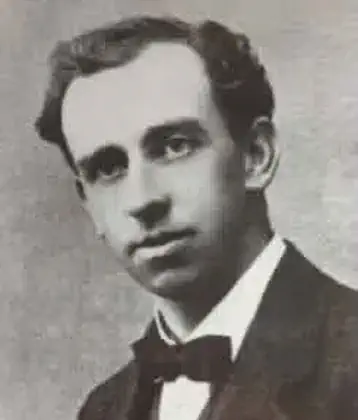

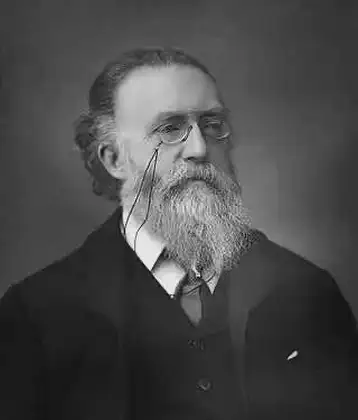
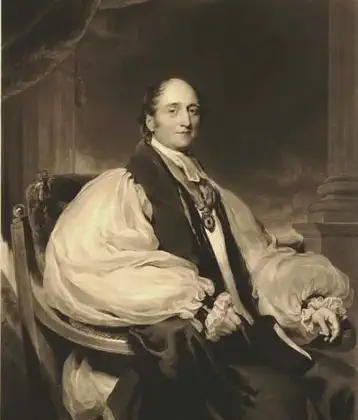
Lord John Beresford, Archbishop of Armagh and Primate of all Ireland, is born in Dublin
November 22, 1773
